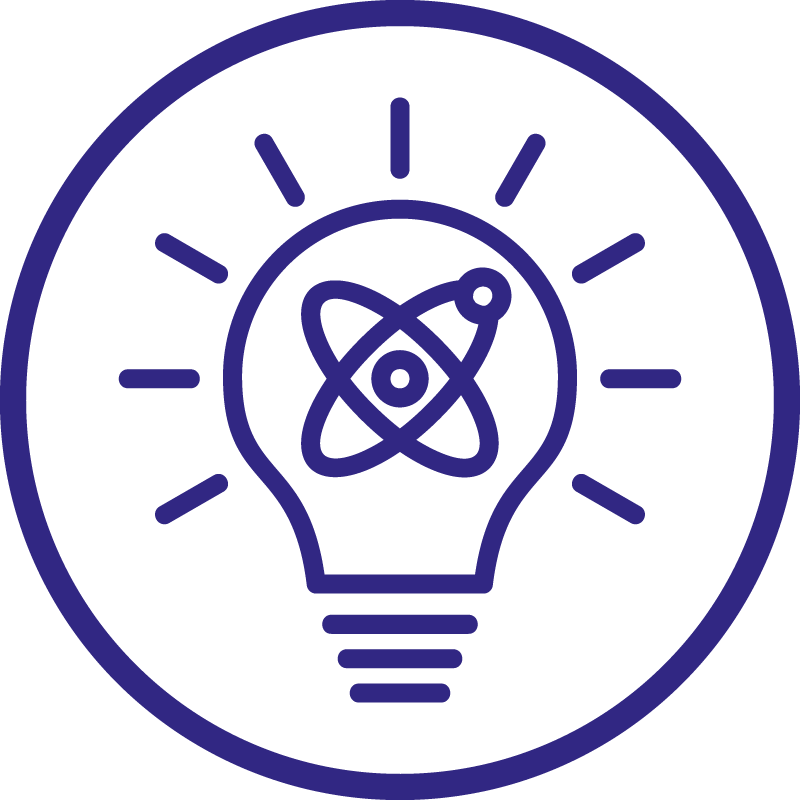Background
The Western Balkans (WB) are on a path of integration to the European Union (EU). Research, innovation, education and culture are essential drivers in this process – underpinned by evidence-based policy-making. The Thessaloniki Western Balkans Summit of 21 June 2003 laid the foundations for relations between the European Union and the Western Balkans (WB) economies. The joint Declaration adopted at the Thessaloniki Summit in 2003 welcomed, among other things, the endorsement of the Thessaloniki Agenda for the Western Balkans referring also to research technology and development.
Since these days, the policies across the region have been consolidated in favour of integration into the European Union. Obviously, numerous challenges still remain, such the need to strengthen institutional capacities, to overcome fragmented regional cooperation, to address climate-related challenges etc. However, in fostering the stability and prosperity of the Western Balkans remains a key priority for the EU. As outlined in the European Commission priorities, green transition, digital transformation and an economy that works for people are crucial for relaunching and modernising the region, helping to create jobs and growth, addressing the long-standing challenges faced by young people such as limited job prospects, and inequality. Research, innovation, education and culture are essential drivers in this process – underpinned by evidence-based policymaking.
In such a context, the Western Balkans Platforms on Education and Training & Research and Innovation, as well as the newly launched one on Culture, play a central role in stimulating, monitoring and supporting the cooperation in research, innovation, education and cultural and creative policies and programmes between the European Union Member States, the European Commission and the Western Balkans.
The Platforms are strategic bodies to deal with European, multilateral and regional issues of research, innovation, education and cultural policies in and with the WB. They also act as an information exchange forum where the latest developments in a given field are presented, discussed and best practices exchanged. Platform members are the EU Member States, the Candidates and Potential Candidates, those associated to the EU Framework Programmes, and the EC. The annual Platforms’ Ministerial and technical meetings allow identifying common priorities, discussing latest policy and reform measures, deciding on spin-off activities and follow-up measures as well as on topics for regional cooperation with EU assistance.
WB Steering Platform on Research and Innovation

The Platform was initiated in the context of the EC Communication “The EU and the Western Balkans: strengthening stability and prosperity” (Com (2006) 27 final of 27.1.2006) and as a follow-up of the EU-Balkan Countries Action Plan on S&T adopted at the Ministerial Conference in Thessaloniki in 2003, endorsed by Ministers at the General Affairs Council in March 2006. The SP was one of the major policy tools to implement the Thessaloniki Action Plan on Science and Technology (2003) and proved to be a useful tool ever since its installation in 2006 during the Austrian EU-Council Presidency. The launch event of the Steering Platform (SP) in Vienna on 26 June 2006 received full high-level support from the EC. EU Commissioner Janez Potočnik then addressed the participants by emphasizing a clear European policy: “The future of the Western Balkan countries lies in the European Union, and research is a key tool to facilitate integration. As a policy field, it opens doors and allows advancing in other domains as well”. On that occasion, the WB Ministries responsible for Science and Technology fully endorsed the initiative of the EC, considering the SP as a forum of utmost importance for the accession and integration of the WB to the ERA and decided that the SP shall continue until the accession of the Western Balkans to the EU. Guidelines for the functioning of the SP were then adopted in October 2007 in Thessaloniki. They include the Mission Statement and several procedural guidelines, specifying membership and participation, chairs, reporting and meetings, etc.
WB Steering Platform on Education and Training

In cooperation with the Ministries of Education of the Western Balkans, the European Commission launched in 2011 the Western Balkans Platform on Education and Training which had its first Ministerial meeting on 7 March 2012. Its objectives are to foster WB participation in EU policies and programmes on education, culture and training while supporting the transition and preparation for the Candidates and the Potential Candidates in the region. The Ministerial Platform meetings, which convene the Ministers responsible for education in the region and their main staff, decide on spin-off activities and follow-up measures to be taken.
Beside DG EAC and the WB Ministries, other involved stakeholders are the Education Reform Initiative of South Eastern Europe (ERI SEE), a regional platform supporting reforms and links to European frameworks, the European Training Foundation (ETF) fostering reforms and transition and improving human capital, the CEEPUS mobility programme, the Western Balkans Alumni Association (WBAA), and the Erasmus+ Offices, etc., which actively address education and innovation in the framework of a knowledge-based economy.
WB Steering Platform on Culture

The Western Balkan Platform on Culture was officially launched on 27 June 2022 during the annual Western Balkans Platforms Ministerial Meeting in Tirana. The establishment of this additional Platform is expected to foster cultural cooperation and policy dialogue and to help unlock the potential of culture and creativity for a sustainable social and economic development in the Western Balkans region.
